 By Sawanee Gulthawatvichai, associate and Tachatorn Vedchapun, associate, and Christopher C Kalis, counsel, Chandler MHM
By Sawanee Gulthawatvichai, associate and Tachatorn Vedchapun, associate, and Christopher C Kalis, counsel, Chandler MHM
E: sawanee.g@chandlermhm.com
E: tachatorn.v@chandlermhm.com
E: chris.k@chandlermhm.com
![]() A new Minerals Act (BE 2560 (2017) was published on March 2, 2017 and took effect on August 30, 2017 (180 days after the publication date).
A new Minerals Act (BE 2560 (2017) was published on March 2, 2017 and took effect on August 30, 2017 (180 days after the publication date).
As of September 2017, 12 notifications have been issued under the Minerals Act and there are 36 draft MRs, regulations, notifications and orders of MoI or DPIM posted on the DPIM’s website, in Thai language. There were also the following numbers of SEPLs, MLs and licences issued under the former laws:
- 80 SEPLs
- 942 MLs
- 265 mineral dressing licences
The Department of Primary Industry and Mining (DPIM), Ministry of Industry (MoI), and Ministry of Natural Resources and Environment (MNRE) are the government agencies that administer the new Minerals Act (2017).
Generally, the new Act aims to provide stricter environmental controls, decentralise administrative power, encourage the use of newer mining technologies, and provide those living in mining areas more protection.
Summary of changes and amendments in the new Act
Administrative overview
Additional definitions reflecting a new administrative system have been added, which includes municipal and sub-district administrative bodies. The Minister of MNRE and Minister of MOI are both charged with the control and enforcement of the Act, and will be able to issue ministerial regulations, notifications and other orders under defined circumstances. A National Mineral Administrative Policy Board (NMAP or the Board) is to be established, and the Department of Mineral Resources (DMR) shall function as a secretarial office for the Board.
The Board is in charge of preparation of a minerals administrative master plan, which will include resource surveys, restrictions on certain minerals and areas, and guidelines for mineral administration that result in appropriate benefits to the economic, social, environmental and health balance. A master plan is to be prepared in five-year intervals, and submitted to the Council of Ministers for consideration and approval.
Mineral Committee and Provincial Mineral Committees are also to be established. The Mineral Committee is in charge of advising the Ministers on bidding, issuance of ministerial regulations and notifications, approval of licences, renewals, transfer, and revocation of conditions for mining of category 2 and category 3, consider complaints, and provide assessments of the impact on people’s health and environment related to mining activities.
The Provincial Mineral Committee has the power and duties to grant licences, renewals, transfers or revocation of conditions related to prathanabat (a document of rights granted for mining within a designated area) for mining of category 1; consider complaints or impacts of mining of category 1; provide recommendations to the Provincial Governor on mineral administration in that province, and; to do other acts as assigned by the Minister and Provincial Governor.
Prospecting
Regulations in regard to prospecting remain similar to those under the Mining Act BE 2510 (1967), and still include three types of prospecting licences: an atchayabat (a document of rights granted for prospecting), an exclusive atchayabat, and a special atchayabat). Changes to the administrative regime of the mining industry are reflected in the application and prospecting licensing granting authorities including the following:
- An application for an atchayabat is applied for and granted by the local official in that locality. The validity is one year from the date of issue. The area applied for under an application is not specified under the law.
- An application for an exclusive atchayabat is applied for with the local mineral industries official in that locality, and issued by the DG with approval from the Board (formerly, granted by the Minister, or such person entrusted to do so by the Minister). The validity period is one to no more than two years. The area applied for under an application is not more than 2,500 rai (1 rai = 1,600 square metres).
An application for a special atchayabat is applied for with the local mineral industries official in that locality, and granted by the DG on approval by the Board. The validity period is not more than five years. The area applied for under an application is 10,000 rai for an onshore exploration area and not more than 500,000 rai for an offshore exploration area.
Mining – general provisions
Applications for a prathanabat are submitted to the local mineral industries officer. The Act further requires that applicants submit plans for restoration, development, utilisation and monitoring impacts from mining activities on the environment and health of people in and around the mining area after closure of the mine and requires applicants to bear the cost of organising referendums for those individuals in the area of the proposed mining activities, if such individuals do not approve of such mining activities.
The Minster may issue notifications to classify mining activities into three categories, as follows:
- Category 1 mining, ie mining in the area of no more than 100 rais, the prathanabat of which shall be issued by the local mineral industries official on approval of the Provincial Mineral Committee in the province where the mining is operated;
- Category 2 mining, ie mining in the area of no more than 625 rais, the prathanabat of which shall be issued by the DG on approval of the Mineral Committee;
- Category 3 mining, ie mining other than the category 1 mining or category 2 mining, offshore mining and underground mining, the prathanabat of which shall be issued by the DG on approval of the Mineral Committee.
The Act further states that any mining activity that requires preparation of an EIA shall be automatically classified as a Category 2 or 3 mining activity.
The maximum validity period for a prathanabat has been increased from 25 to 30 years. (Section 58) If the rights under the prathanabat are terminated for any reason listed under the Act (in Section 62), minerals remain in the mining area, and the prathanabat holder or successor do not apply for a permit to take possession of said minerals within 90 days from the termination date, the rights to such minerals shall devolve to the state. The DG or local mining officials may propose investigations to the Mineral Committee or Provincial Mineral Committee where complaints are lodged, or where the prathanabat holder’s mining activities have impacted the environment or people’s health and no settlement can be reached. If such investigation finds that there has been an impact on the environment, the Mineral Committee or Provincial Mineral Committee may order the prathanabat holder to remedy such impact(s) within a prescribed period of time.
Assignment of a prathanabat requires the permission of the prathanabat issuer (see General Mining Provisions above), with the application for transfer to be submitted to the local mineral industries official.
Provisions on restoration plan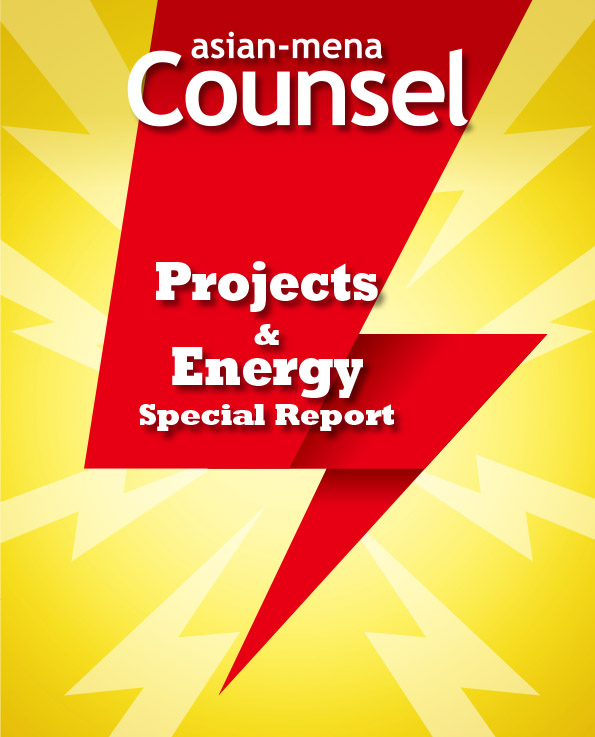
Applications for underground mining will now require that the applicant provide a restoration plan, and place security for restoration of the mining area, and remedies for persons affected by the mining. Prathanabat holders for underground mining who do not provide the requisite security or insurance for any damages determined to have been caused by such mining activities within 15 days of notice of the same; the prathanabat issuer has the power to issue an order to revoke the prathanabat.
The Act includes a new section for determining compensation amounts, which shall be determined by the compensation determination committee. The Act no longer includes a section dedicated to Natural Brine Extraction.
Mineral business operation, mineral dressing and metallurgical processing
Minerals or by products derived from mining may be purchased, sold, possessed, stored or transported. The DG may grant an approval to possess minerals derived other than through mining activities or mineral planning, on a special case basis. The DG may also issue notifications determining certain mineral controls with regard to purchasing, selling, possession, storage or transportation. Minerals that fall under a notification will require a licence issued by the DG, which will be valid for no more than five years.
The DG may also prohibit the importation or exportation of certain minerals into or out of Thailand, as well as issue permits or licences for the importation of such prohibited minerals, and issue rules and procedures on transportation of minerals within Thailand. (Sections 104 and 105)
Mineral Dressing and Metallurgical licences are to be issued by the DG and are valid for no more than five years.
Renewal of licences for purchasing, possession, storage, mineral dressing, and metallurgical processing must be filed prior to the expiration of the previous licence. Transfer of mineral dressing and metallurgical processing licences may only occur after permission is granted from the DG.
Mineral royalty, fee and special contribution
Mineral Royalties, under the Act, are listed as follows:
Under Section 131, a prathanabat holder, a licensee for mining on minor scale, a person who notifies mineral panning, a mineral-dressing licence holder, a metallurgical-processing licence holder or a mineral possession licence holder shall pay mineral royalty with respect to the minerals as follows:
- Mineral specified in the prathanabat including other minerals derived as by-products of mining;
- Minerals derived as by-products of mineral dressing or lags containing other minerals in excess of the amount specified by the DG where the mineral royalty with respect to such minerals has not been paid;
- Minerals derived from mining on minor scale or mineral panning;
- Minerals permitted for possession under Section 97, paragraph two, where the mineral royalty with respect to such mineral has not been paid;
- Minerals in case of purchase of minerals devolved on the state where the mineral royalty with respect to such minerals has not been paid.
Rates are capped at no more than 30 percent of the market price of the mineral. Royalty tariffs are to be established under ministerial regulations. Applicants for licences provided under the Act are required to pay a fee when submitting the application, which is refundable if the application is rejected. Fees for mineral prospecting under an exclusive atchayabat or special atchayabat will be established at a progressive rate under notifications from the Minister. Prathanabat holders shall pay a special contribution of no more than ten percent of the mineral royalty of the minerals produced under that licence.
Development and promotion
The Minister, on the recommendation of the Mineral Committee, may reduce fees and issue qualifications for eligibility for such reductions under defined circumstances, including “reasonable grounds.”
Civil liability
The licence holder, under the Act, is responsible for compensation payment for damages arising out of their business operations.
Transitory provisions
Any related regulations under Minerals Act BE 2510 (1967) and the Act on Prescription of Mineral Royalty Tariffs BE 2509 (1966) issued before the effective date of the Act, ie August 30, 2017, shall continue to be in force in so far as they are not contrary to or inconsistent with the Act until the ministerial regulations, notifications, regulations or orders issued under this Act come into force.
Further, applications which have been submitted before the effective date of the Act, ie August 30, 2017, shall be deemed applications under the Act and shall be considered and may be proceeded according to the rules provided in this Act.
Except for requirements concerning (i) preparations of mining buffer boundaries and establishment of basic data of environment and people’s health, and (ii) rehabilitation of the mining area conditions, placing of the security and taking insurance against loss, all atchayabats, prathanabats or licences issued under the Minerals Act BE 2510 (1967) before the effective date of the Act, ie August 30, 2017, shall be deemed atchayabats, prathanabats or licences under this Act and shall continue to be valid until expiry or revocation provided that compliance shall be made according to the rules provided under this Act.
Lastly, all obligations under contracts made under the Minerals Act BE 2510 (1967) with the Government of Thailand by MoI and DPIM before the effective date of the Act, ie August 30, 2017, shall continue to be valid according to the obligations under such contracts until termination of the validity of the contracts. In case of filing a request for renewal of any atchayabat, prathanabat or licence, it shall be complied with the rules provided in this Act.
Additional subjects of importance to FDIs
- Restrictions on foreign ownership of mining and ore dressing projects.
- Lifting suspension of mining and metallurgical licence of the Chatree Mine.
- Restrictive policy of the Board of Investment, which currently limits promotion only to potash mining and ore dressing.
- Clarification of new environmental safeguards for exploration and mining projects.
This summary does not include:
- Provisions regarding cancellation, amendment and revocation of licences
- Provisions regarding penalties.
- Provisions regarding seizure and attachment.
- Listing of laws repealed by the new Act.
![]()
E: sawanee.g@chandlermhm.com
E: tachatorn.v@chandlermhm.com
E: chris.k@chandlermhm.com






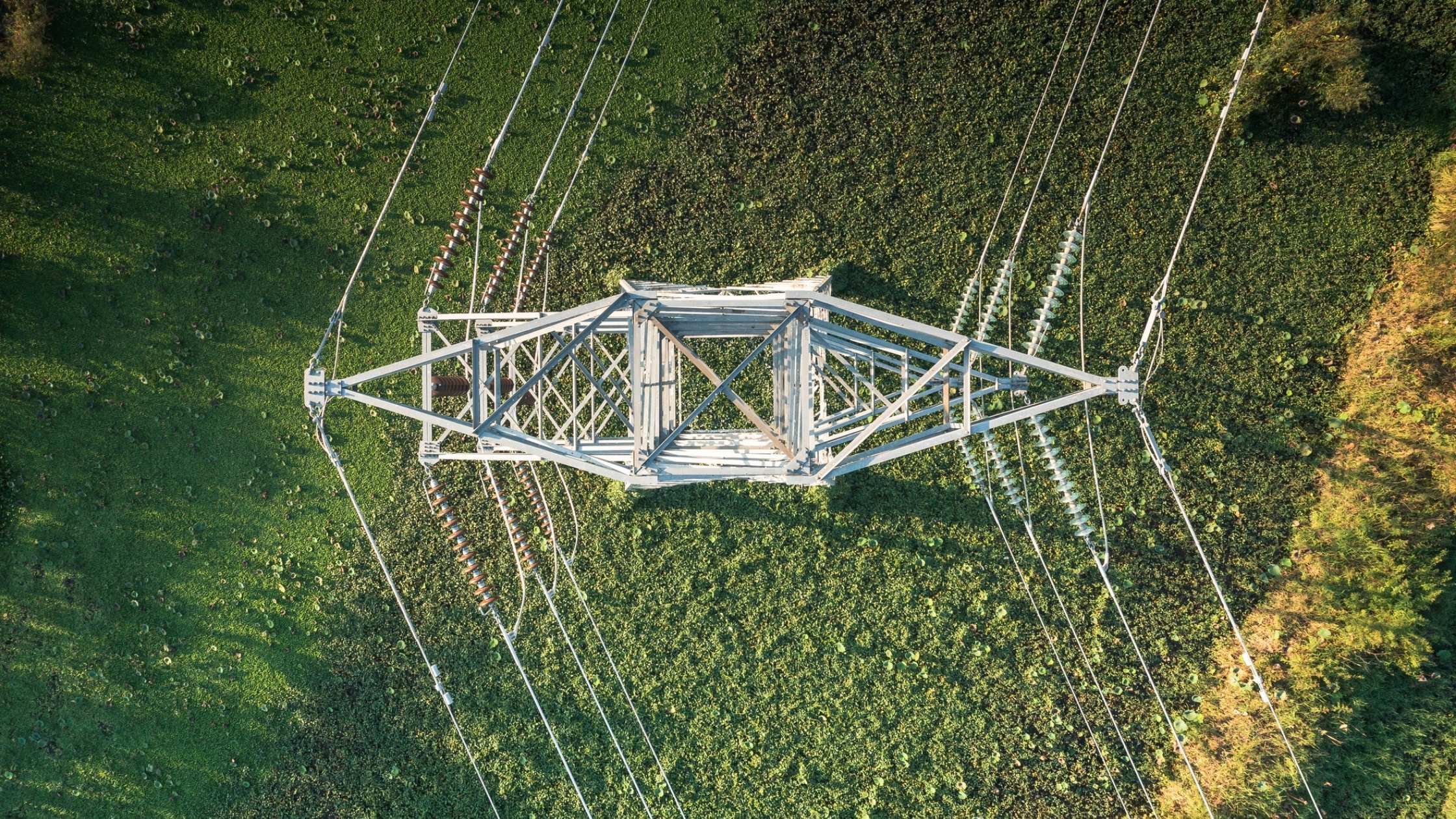






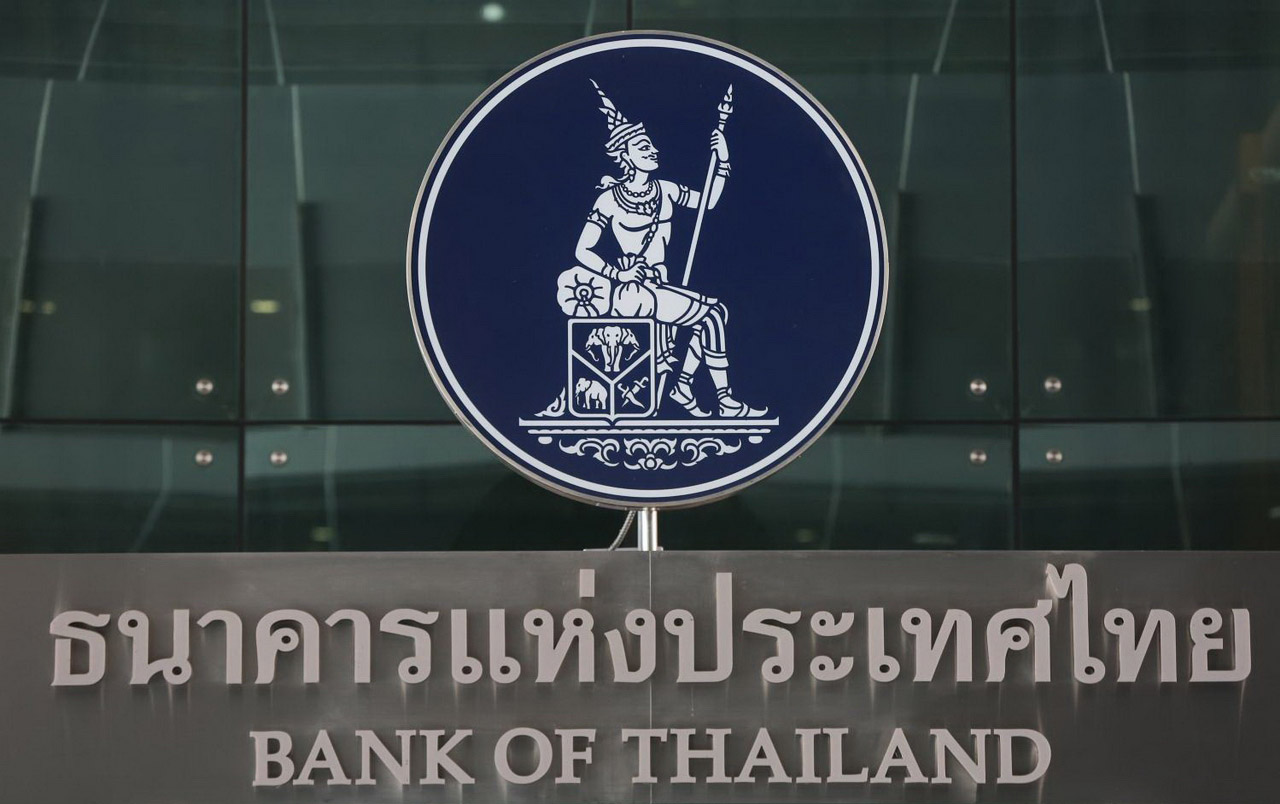


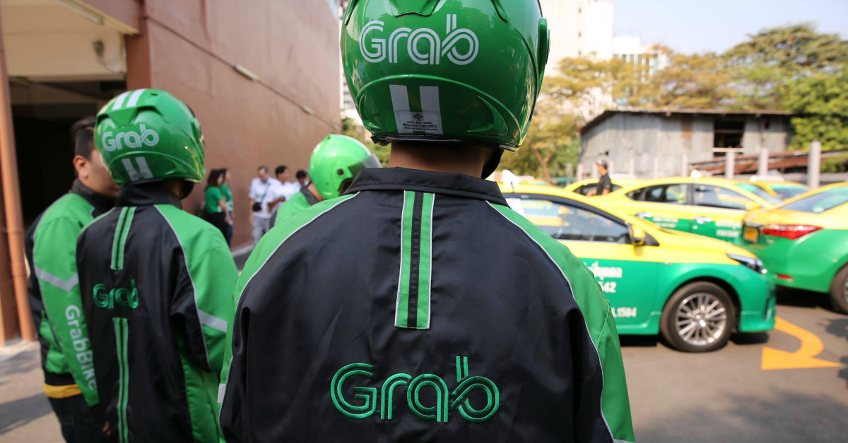

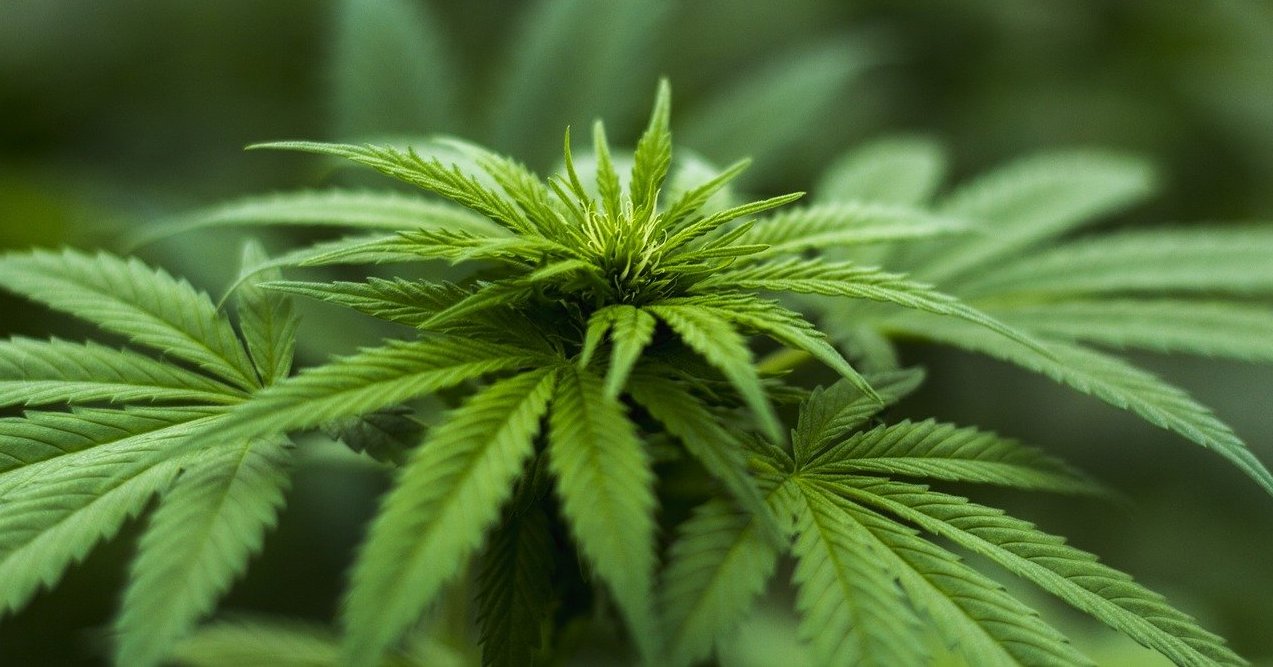













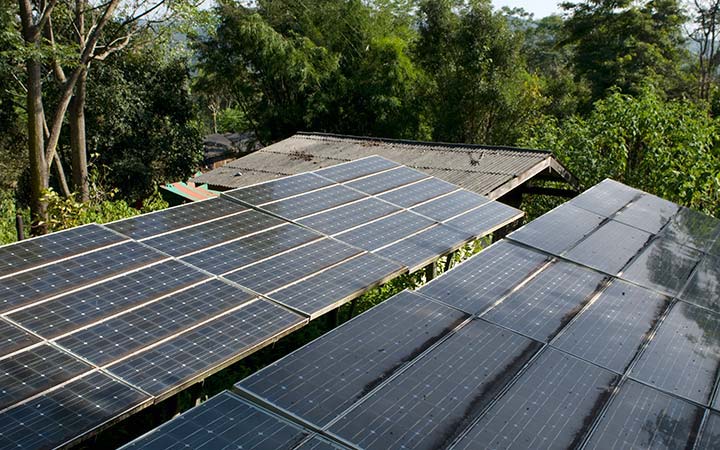



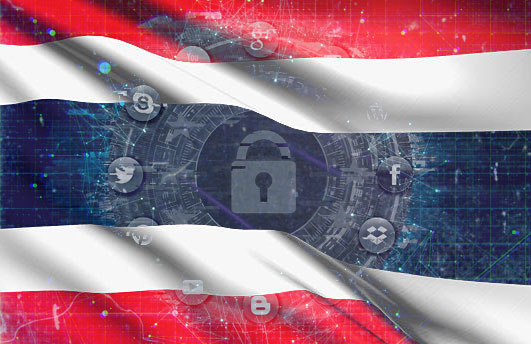



















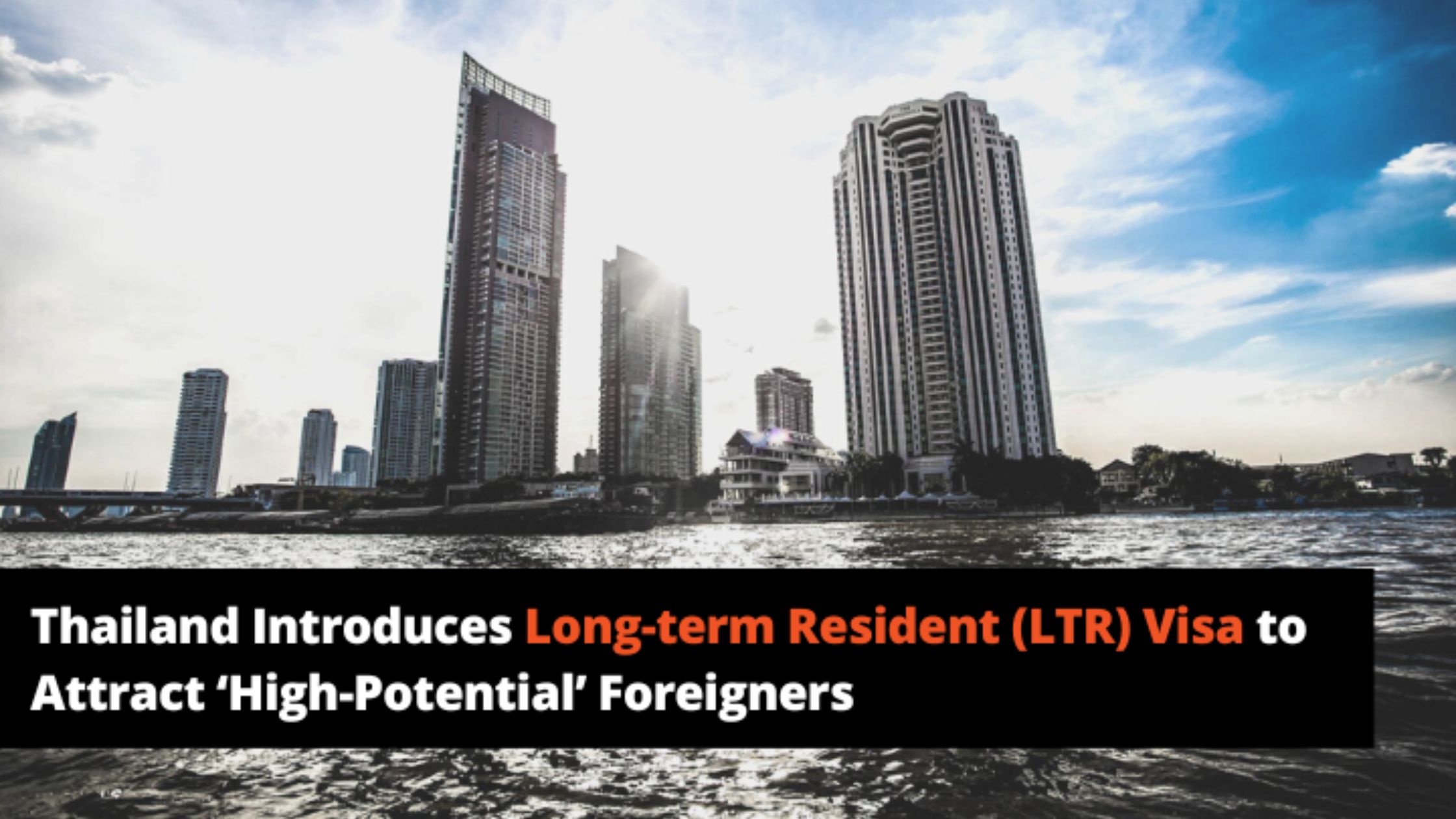



 Chandler MHM Limited
Chandler MHM Limited Jessada Sawatdipong
Jessada Sawatdipong







